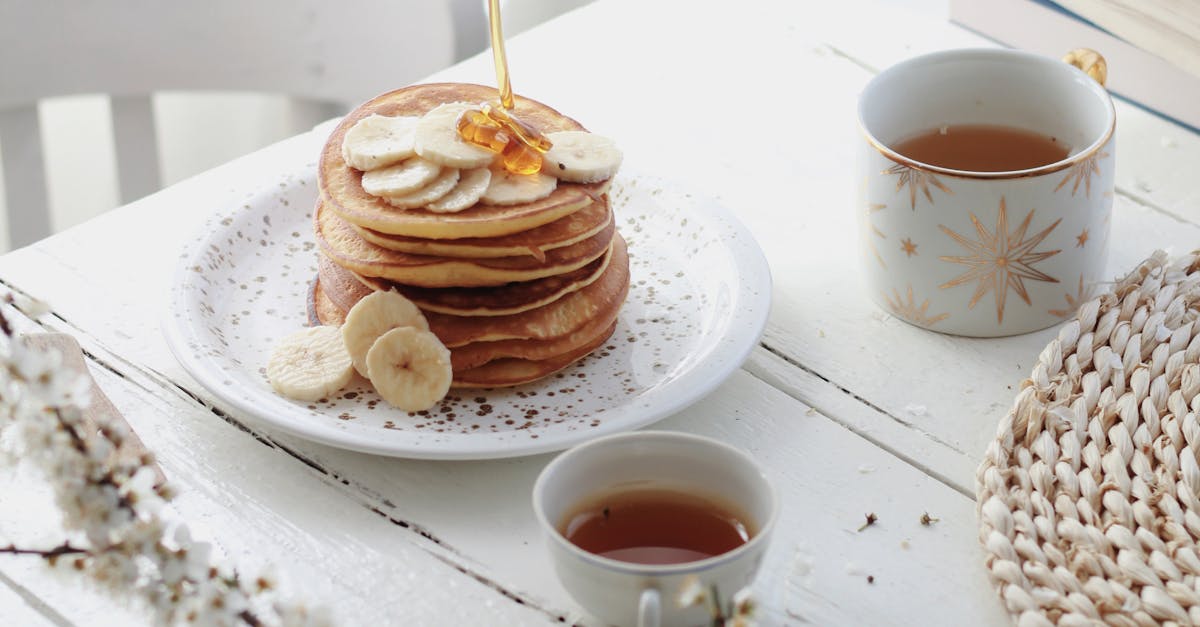When you think about food that lasts forever, honey is the first thing that comes to mind. But what is it about this sweet substance that allows it to withstand the test of time? In this blog post, we will dive deep into the fascinating world of honey, exploring why it is the only food that can never go bad, along with some astonishing facts and tips related to it.
| Fact | Description |
|---|---|
| Natural Preservative | Honey’s low moisture content and acidic pH create an inhospitable environment for bacteria and microorganisms. |
| Ancient History | Honey has been found in ancient Egyptian tombs, still edible after thousands of years. |
| Flavor Diversity | The flavor of honey varies depending on the nectar source, making it unique and diverse. |
| High Sugar Content | Honey consists primarily of sugars, which are energy-rich and contribute to its long shelf life. |
| Antioxidant Properties | Honey is rich in antioxidants, which can help protect your body from oxidative stress. |
| Medicinal Uses | Honey has been used in traditional medicine for its healing properties, including wound treatment. |
| Storage Tips | To maintain its longevity, store honey in a cool, dry place, away from direct sunlight. |
Natural Preservative
Honey’s unique composition is what makes it a natural preservative. It has a very low moisture content, usually around 18%, which means that there is not enough water for bacteria and microorganisms to thrive. Additionally, honey has a low pH level, typically between 3.2 and 4.5. This acidic environment further inhibits the growth of pathogens, making honey a substance that can last indefinitely without spoiling.

Ancient History
One of the most fascinating aspects of honey is its ancient history. Archaeologists have discovered pots of honey in Egyptian tombs that are over 3,000 years old and still perfectly edible. This remarkable longevity is a testament to honey’s unique properties and its significance in ancient cultures. Honey was not only a food source but also used in religious ceremonies and as a form of currency.

Flavor Diversity
The flavor profile of honey can vary dramatically depending on the floral source of the nectar. From clover to wildflower to manuka, each type of honey offers a unique taste experience. This diversity not only makes honey a delightful addition to various dishes but also allows it to cater to different palates. The variety of flavors is one reason why honey is so popular among chefs and home cooks alike.

High Sugar Content
Honey is primarily composed of sugars, which make it a highly concentrated energy source. The main sugars in honey are fructose and glucose, making it sweeter than regular table sugar. This high sugar content contributes to its long shelf life, as sugars do not spoil easily. The high osmotic pressure created by the sugar content also helps to draw out moisture from bacteria, further preventing spoilage.

Antioxidant Properties
Beyond its longevity, honey is packed with antioxidants, including flavonoids and phenolic acids. These compounds are beneficial for health as they help to combat oxidative stress in the body, reducing the risk of chronic diseases. Regular consumption of honey can contribute to better overall health, making it a valuable addition to your diet.

Medicinal Uses
Honey has been utilized for its medicinal properties for centuries. It is known for its wound-healing capabilities and has been used in traditional medicine to treat various ailments. Honey’s antibacterial properties make it effective in soothing sore throats and coughs, and it is often used in home remedies. Its natural composition and healing abilities make it a staple in many households.

Storage Tips
To ensure that honey maintains its quality over time, it is essential to store it properly. Keep honey in a cool, dry place away from direct sunlight, as exposure to heat and light can degrade its quality. It is also advisable to use airtight containers to prevent moisture from entering, which could lead to fermentation. By following these simple storage tips, you can enjoy honey’s benefits for years to come.

FAQ
Why does honey never spoil?
Honey never spoils due to its low moisture content and acidic pH, which create an environment that is inhospitable for bacteria and microorganisms.
Can honey crystallize over time?
Yes, honey can crystallize over time, especially when stored at cooler temperatures. This is a natural process and does not indicate spoilage. Simply warm the container in hot water to return it to its liquid state.
Is raw honey better than processed honey?
Raw honey retains more nutrients and antioxidants compared to processed honey, which may be filtered and heated. For maximum health benefits, consider using raw honey.
How should I use honey in my diet?
Honey can be used as a natural sweetener in tea, smoothies, and baked goods. It can also be drizzled over yogurt, oatmeal, or fruit for added flavor and nutrition.
References: [National Honey Board](https://www.honey.com), [USDA Food Composition Databases](https://fdc.nal.usda.gov/), [CDC – Honey and Food Safety](https://www.cdc.gov/foodsafety/food-safety-fact-sheets.html)



